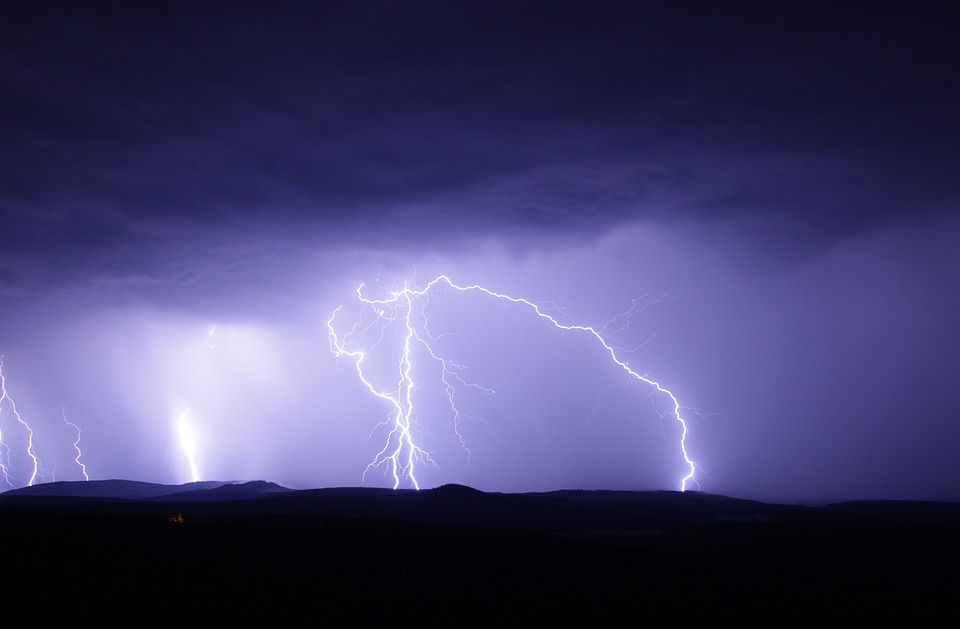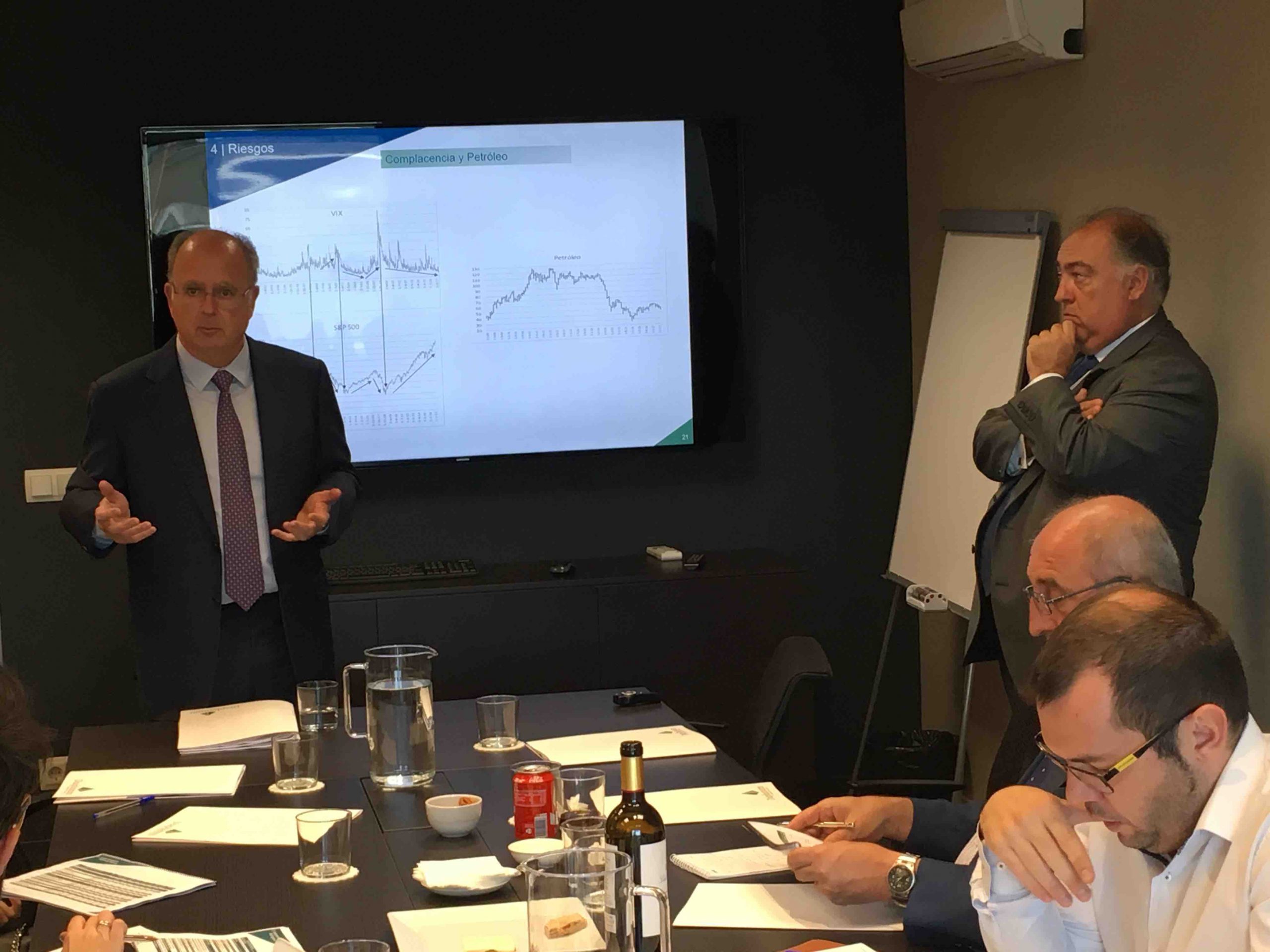All analysts point to several elements as the protagonists towards the end of the year: Geopolitical tensions in the face of a possible commercial war, rising interest rates on the horizon, the Brexit negotiations, and the confidence in fundamentals that suggest that Global growth will continue.
For some experts, such as Olaf van den Heuvel, Head of Investments at Aegon Asset Management, the markets are behaving well and will continue to do so for the rest of the year, despite the constant background noise generated by the economic situation, geopolitics and the associated volatility.
“As we anticipated, the most prominent feature so far in 2018 has been the reappearance of market volatility in most asset classes. Volatility is often synonymous with good news for active fund managers, as it allows us to provide added value through fundamental analysis and a good selection of securities. In addition, volatility has not prevented most economies from maintaining a steady growth rate. To date, the year has been marked by a continuous flow of events that have focused the attention of the markets at one time or another, from the abrupt stock market corrections to the widening of the Libor spreads, Italian politics, and the depreciation of emerging market currencies. Although these events caused strong fluctuations in the markets, within a matter of days they were already of secondary importance,” says Van den Heuvel.
According to this expert, it isn’t difficult to identify the events that will affect the markets in the coming months: “Trade policy has become a central issue and will continue to be so long as Donald Trump continues to apply tariffs on Chinese goods. The Chinese economy is already somewhat weakened in itself after the strong corrections experienced by both its currency and its stock markets. I think fears about the sustainability of the Chinese growth model will come to the fore some time during the year, as well as the possible repercussions of the agreement, or lack of agreement, on Brexit.”
At Lombard Odier they share the same theory, as they believe that “trade tensions will remain restrained, although we must admit that the possibility of a trade war has become a risk that deserves our utmost consideration.”
Regarding this summer period of tweets and tensions that we are just about to conclude, the team of economists at Schroders, are wondering as to just how real the “calm” we are experiencing really is. “Concerns about China, the weakening of commodity prices, and the appreciation of the dollar, all point to a period of slower growth for the global economy. The trade wars have probably generated a rebound and later a fall, as importers advanced their expenditure in order to avoid higher tariffs and now they are reducing it again”
Macro analysis
Looking at the fourth macro, at Lombard Odier they point out that the global environment does not favor the growth of emerging markets, “although the most affected countries to date have been those with weaker fundamentals or greater political risk.” For the United States, it foresees, in the short term, that the Fed will not accelerate the adjustment of its policies and that the economy of the Euro-zone will suffer specific falls, rather than sustained ones.
In this regard, Schroders points out that, unless trade wars hurt “business confidence and investment, the global economy should recover, but the combination of tariffs and tax cuts is likely to lead to an increase in inflation in the U.S”.



 By Alicia Miguel Serrano
By Alicia Miguel Serrano